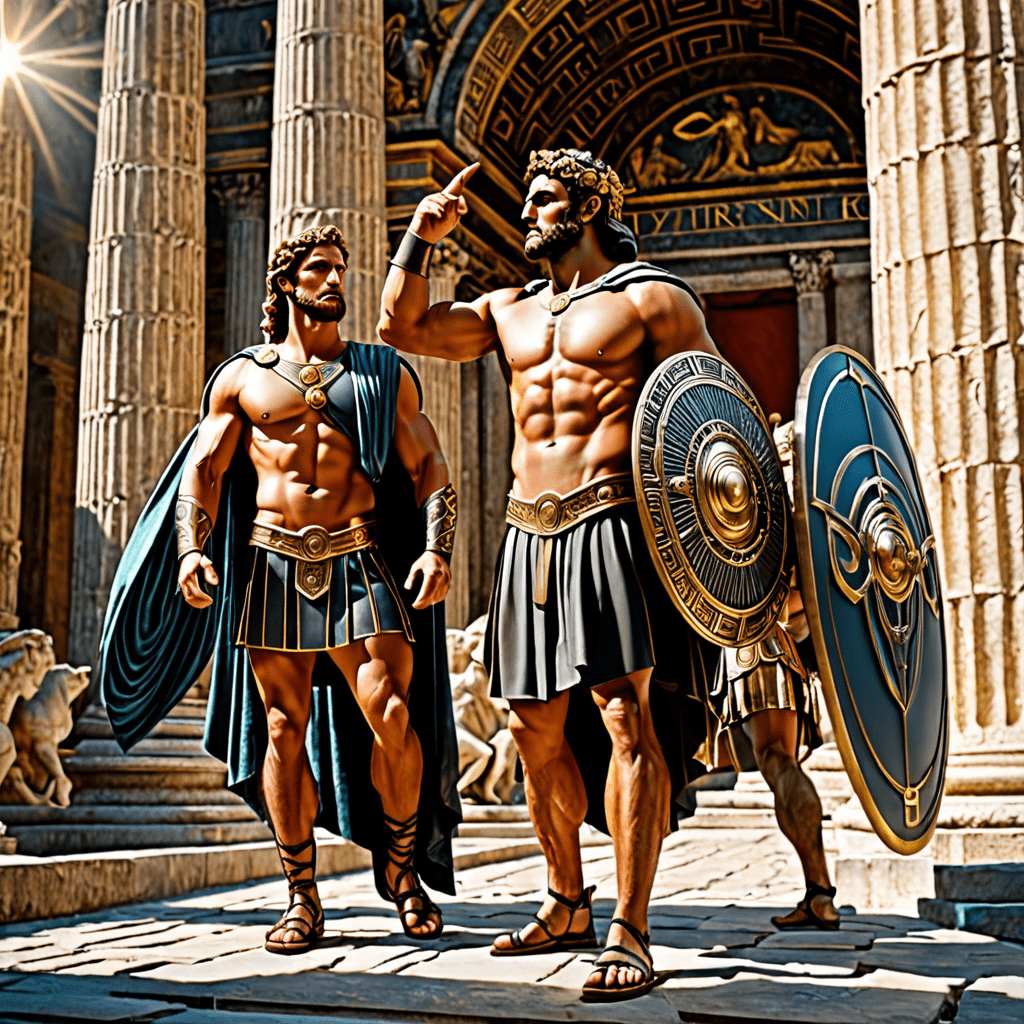The Symbolism of Fire in Greek Mythology
In Greek mythology, fire holds multifaceted symbolic meanings that permeate various myths, shedding light on the beliefs and values of ancient Greeks.
The Role of Prometheus and Fire
One of the most famous tales involving fire is the myth of Prometheus, a Titan who defied Zeus by giving fire to humanity. Fire, in this context, symbolizes knowledge, enlightenment, and defiance against oppressive forces. It represents the gift of civilization and the human desire for progress and innovation.
The Fury of Hephaestus
As the god of fire, craftsmanship, and blacksmiths, Hephaestus embodies the transformative power of fire. In Greek mythology, his forge is where divine weapons are created, symbolizing not only destruction but also creation and artistic inspiration. Fire, through Hephaestus, serves as a catalyst for change and creativity.
The Cleansing Power of Fire
Fire is often depicted in Greek myths as a purifying force. It is used to cleanse and renew, as seen in the story of how fire purified the world after the great flood sparked by Zeus. This symbolism of fire as a purifier implies a cyclical nature of destruction and rebirth, highlighting the transformative abilities of this element.
The Wrath of Zeus
Zeus, the king of the gods, wields thunder and lightning as symbols of his authority and power. These elements are closely linked to fire in Greek mythology, representing wrath, judgment, and divine retribution. The fiery bolts thrown by Zeus serve as a reminder of the uncontrollable and sometimes destructive nature of fire, illustrating the balance between its beneficial and destructive aspects.
FAQ About the Symbolism of Fire in Greek Mythology
What is the significance of fire in Greek mythology?
Fire holds immense symbolism in Greek mythology, representing various concepts like knowledge, creativity, purification, and destruction. Gods like Hephaestus, Hestia, and Prometheus are associated with fire, showcasing its importance in different aspects of life and the universe.
How does fire symbolize knowledge in Greek mythology?
Fire is often linked to knowledge and enlightenment in Greek myths. Prometheus stealing fire from the gods and gifting it to humanity symbolizes the acquisition of knowledge, progress, and enlightenment. Fire is seen as a tool for learning, advancement, and the development of civilization.
What does fire symbolize in terms of creativity and inspiration in Greek mythology?
In Greek mythology, fire symbolizes creativity, inspiration, and innovation. The eternal flame of Hestia’s hearth signifies artistic expression, the spark of creativity, and the warmth of home and community. Fire inspires artists, poets, and individuals to create and express themselves.
How is fire associated with purification and destruction in Greek mythology?
Fire is a symbol of purification and destruction in Greek mythology. It has the power to cleanse and renew, as seen in the flames of purification rituals and sacrifices. At the same time, fire embodies destruction and the wrath of the gods, as seen in myths where




